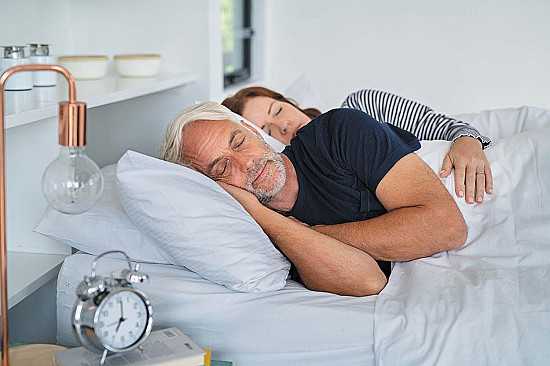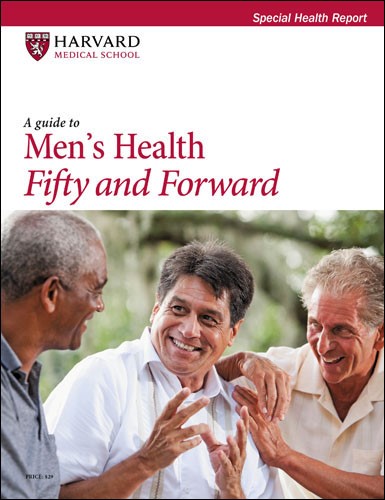Why do I feel so cold all the time?
On call
 Q.
I always feel cold even in summer and it often interferes with my quality of life. What might cause this?
Q.
I always feel cold even in summer and it often interferes with my quality of life. What might cause this?
A. Many people can feel cold while others around them are comfortable. There is nothing necessarily wrong with that, but I would suggest you visit your doctor. There are many possible reasons for feeling cold. For example:
Low body weight. Both fat and muscle mass help keep the body warm. Muscle activity generates heat, and fat acts as insulation. If you have lost significant weight recently or have always been thin, you might be more sensitive to colder temperatures.
Skipping meals. Some people get cold when they miss meals or consume too few calories. When this happens, the body naturally conserves energy and thus produces less heat.
An underactive thyroid (hypothyroidism). Feeling cold is a common symptom. A simple blood test for TSH (thyroid-stimulating hormone) can determine if you have this problem.
Low red blood cell count (anemia). Anemia can make a person feel cold, although it's unusual for it to cause an extreme cold feeling. A blood test can check for anemia.
Raynaud's phenomenon. Our normal response to cold temperatures is to move blood away from the skin to keep the internal organs warm. In people with Raynaud's phenomenon, that natural response is extreme. The tiny blood vessels get severely narrowed, and blood flow to the skin drastically drops, most often in the fingers and toes. One or more digits temporarily turn white or blue. People with this condition tend to be much more sensitive to even minor drops in temperature.
Image: © cmannphoto/Getty Images
About the Author

Howard E. LeWine, MD, Chief Medical Editor, Harvard Health Publishing; Editorial Advisory Board Member, Harvard Health Publishing
Disclaimer:
As a service to our readers, Harvard Health Publishing provides access to our library of archived content. Please note the date of last review or update on all articles.
No content on this site, regardless of date, should ever be used as a substitute for direct medical advice from your doctor or other qualified clinician.
















